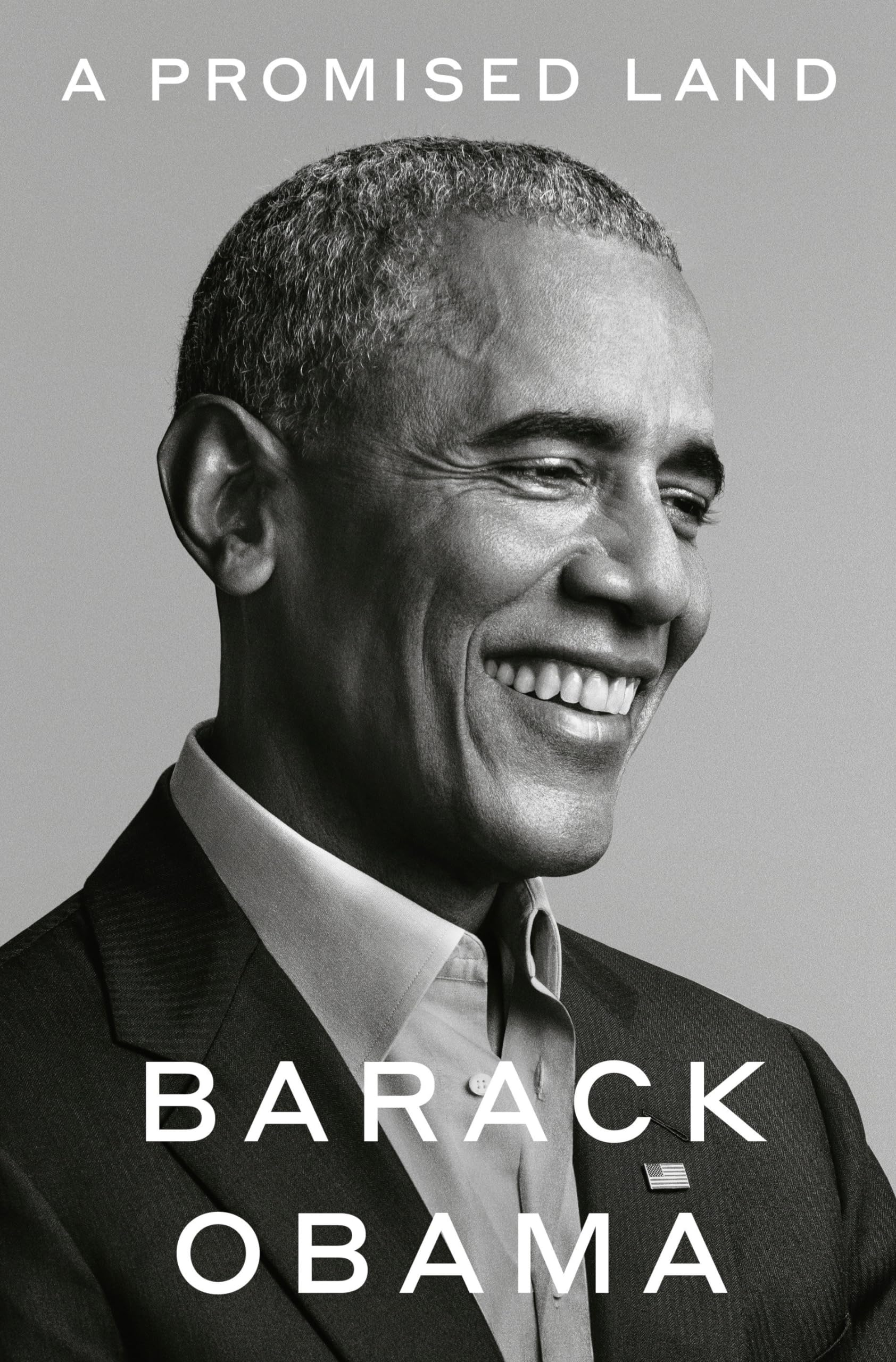CHAPTER 16: The Journey of Healthcare Reform
byAfterward, we posed for a photo op, each of us holding a beer, and as we made forced banter for the cameras, I couldn’t help but reflect on how quickly the ideals and agendas could get swallowed up by the soap opera of politics, as described in Chapter 16.
As summer turned to fall, I found myself regularly engaging in a similar balancing act—trying to keep the American people focused on long-term goals while managing the daily theater of Washington, the cable news cycles, and the relentless torrent of criticism that constituted my new normal. Despite the distractions, we continued to push forward on healthcare reform. In September, I addressed a joint session of Congress, hoping to regain the initiative. I offered a detailed defense of the legislation, spelling out the benefits for the insured, the uninsured, and seniors; the ways we’d reduce healthcare costs; and the mechanisms for paying for reform—all without adding a dime to the deficit. I called out the most egregious myths being peddled by opponents of reform, including the absurd charge that we planned to set up “death panels” to decide which seniors lived or died. I acknowledged honest differences of opinion between Democrats and Republicans but criticized those who were spreading outright lies in the service of partisan gain.
The speech was well received, providing our efforts with a much-needed boost. More importantly, it marked the beginning of a more aggressive stretch of work on healthcare, with every part of our administration and our congressional allies moving full-bore to get legislation passed. On the legislative front, the biggest challenge remained the Senate Finance Committee, chaired by Max Baucus. Despite his best efforts, Baucus had failed to persuade a single Republican on the committee to support a watered-down version of our plan. Nevertheless, with the help of his Democratic colleagues, he managed to shepherd a bill out of committee by the slimmest of margins.
Over in the House, Nancy Pelosi marshaled her troops with equal determination, consolidating various committee bills into a single piece of legislation that she maneuvered through to passage despite fierce Republican opposition, as well as skittishness from some in her own caucus over abortion coverage and the public option—a government-run insurance plan proposed as a way to keep private insurers honest.
In November, with vice presidential encouragement, Harry Reid managed to cajole, wheedle, and horse-trade his way to getting every last Democratic senator—and two independents—to support bringing our version of healthcare reform to the Senate floor. It was a herculean feat, given the ideological breadth of the Democratic caucus and the unyielding opposition from the other side, but it set the stage for the chamber’s first serious debate on healthcare reform in nearly two decades.
Still, for all our legislative maneuvering, what I remember most from that period were the stories that kept pouring into the White House: letters from America, voices that served as a constant reminder of what was at stake. There was the young woman with breast cancer whose insurance company had canceled her policy when she got sick, on the pretext that she hadn’t reported a case of acne on her initial application. The middle-aged man who couldn’t get coverage because he’d once had back surgery for a herniated disk. The parents struggling to pay for their son’s insulin. These stories, more than anything, kept me going, a counterbalance to the cynicism and demagoguery and sometimes soul-crushing complexity of trying to bring about change in Washington.
As the year wound down, I found a moment one evening to walk alone through the empty halls of the West Wing, reflecting on the journey thus far. I thought about my campaign promises, the expectations of those who had voted for me, and the skepticism of those who hadn’t. I considered the economic crisis we faced upon assuming office, the decisions we had made that had pulled us back from the brink but left many Americans still hurting. I thought about the wars in Iraq and Afghanistan, the efforts to close Guantanamo, the challenges of climate change, and the ongoing scourge of terrorism. I thought about the lessons of that summer: the furor over my comments on the arrest of Henry Louis Gates Jr., the orchestrated panic over “death panels,” the balancing act between idealism and pragmatism.
Standing there in the quiet, I felt the weight of the presidency, the relentless pressure of constant decisions, the knowledge that every action taken or not taken had real consequences for real people. Yet despite the weight, or perhaps because of it, I felt a resolute sense of purpose. The fight for healthcare reform, like every battle we engaged in, was not just political; it was a moral imperative, a testament to our belief that in America, no one should have to choose between medicine and mortgage payments, that no one should be one illness away from financial ruin, that in the wealthiest nation on earth, healthcare should be a right, not a privilege.
As I returned to the Oval Office, I knew the road ahead would be arduous. But I also knew we had come too far to turn back. Our resolve had only hardened, fortified by every story of struggle and hope and perseverance. And so, with a renewed sense of determination, we pressed on, into the battles that lay ahead, knowing that the cause was just and the time was now.

